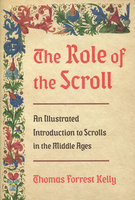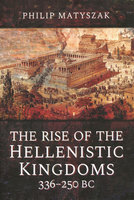New, Quality Gift Books - 50-90% off - over 2500 titles
Your basket is empty.
Categories Last Chance to buy! STATE AND REVOLUTION
STATE AND REVOLUTION
Book number: 93423
Product format: Paperback
In stock
Bibliophile price
£3.00
Published price
£13.99
Customers who bought this product also bought
|
ROLE OF THE SCROLL: An Illustrated Introduction to Scrolls
Book number: 92034
Product format: Hardback
Bibliophile price
£4.50
Published price
£19.99
|
TO BREAK RUSSIA'S CHAINS
Book number: 92737
Product format: Hardback
Bibliophile price
£5.50
Published price
£22
|
RISE OF THE HELLENISTIC KINGDOMS, 336-250 BC
Book number: 93953
Product format: Hardback
Bibliophile price
£9.50
Published price
£19.99
|
|
DIARY KEEPERS
Book number: 94653
Product format: Hardback
Bibliophile price
£4.50
Published price
£25
|
LAST VOYAGE OF THE LUSITANIA
Book number: 94367
Product format: Paperback
Bibliophile price
£6.00
Published price
£12.95
|
AMERICAN TRAVELLERS IN LIVERPOOL
Book number: 94344
Product format: Paperback
Bibliophile price
£5.00
Published price
£19.95
|
Browse these categories as well: Last Chance to buy!, Religion & Philosophy, Modern History/Current Affairs







